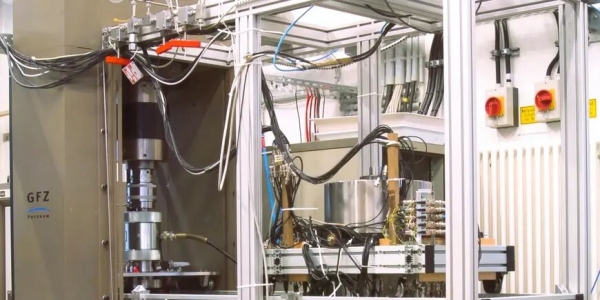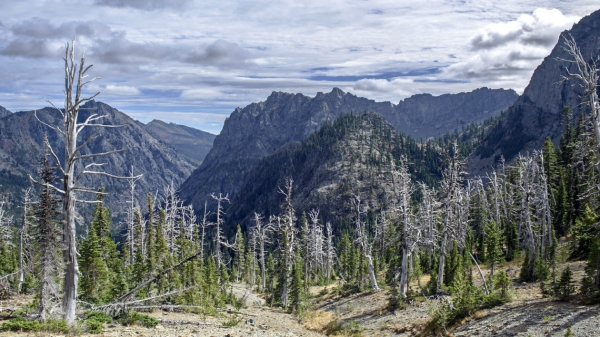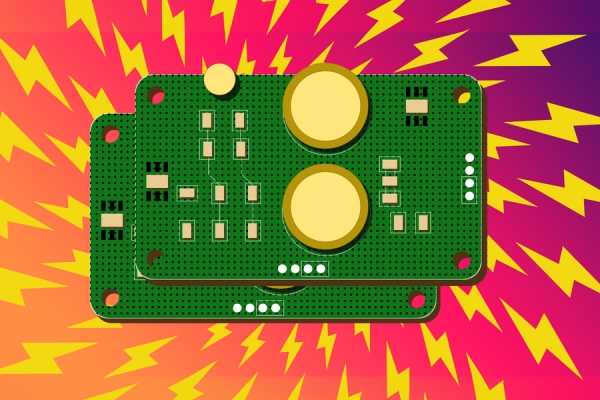Man-made earthquakes, so called induced seismicity, have become an increasing concern.
articles
Major Research Investment into National Land Use Transformation to Help the UK Achieve Net Zero
University of Exeter experts are working to bridge the gap between science and policy to achieve net zero as part of a major new research project.
Cobalt-Free Batteries Could Power Cars of the Future
Many electric vehicles are powered by batteries that contain cobalt — a metal that carries high financial, environmental, and social costs.
The Beleaguered Whitebark Pine Is in Trouble. Can It Be Saved?
Sitting atop the highest slopes in western North America, the whitebark pine has adapted to the continent’s harshest growing conditions.
The First Assessment of Toxic Heavy Metal Pollution in the Southern Hemisphere Over the Last 2,000 Years
An international team of scientists led by DRI found evidence of Southern Hemisphere heavy metal pollution preserved in Antarctic ice cores from early Andean cultures and Spanish Colonial mining that predates the Industrial Revolution by centuries.
Self-Powered Sensor Automatically Harvests Magnetic Energy
MIT researchers have developed a battery-free, self-powered sensor that can harvest energy from its environment.









